I have a column with addresses. The data is not clean and the information includes street and house number or sometimes postcode and city. I would like to move the postcode and city information to another column with R, while street and house number stay in the old place. The postcode is a 4 digit number string. I am grateful for any suggestion for a solution.

